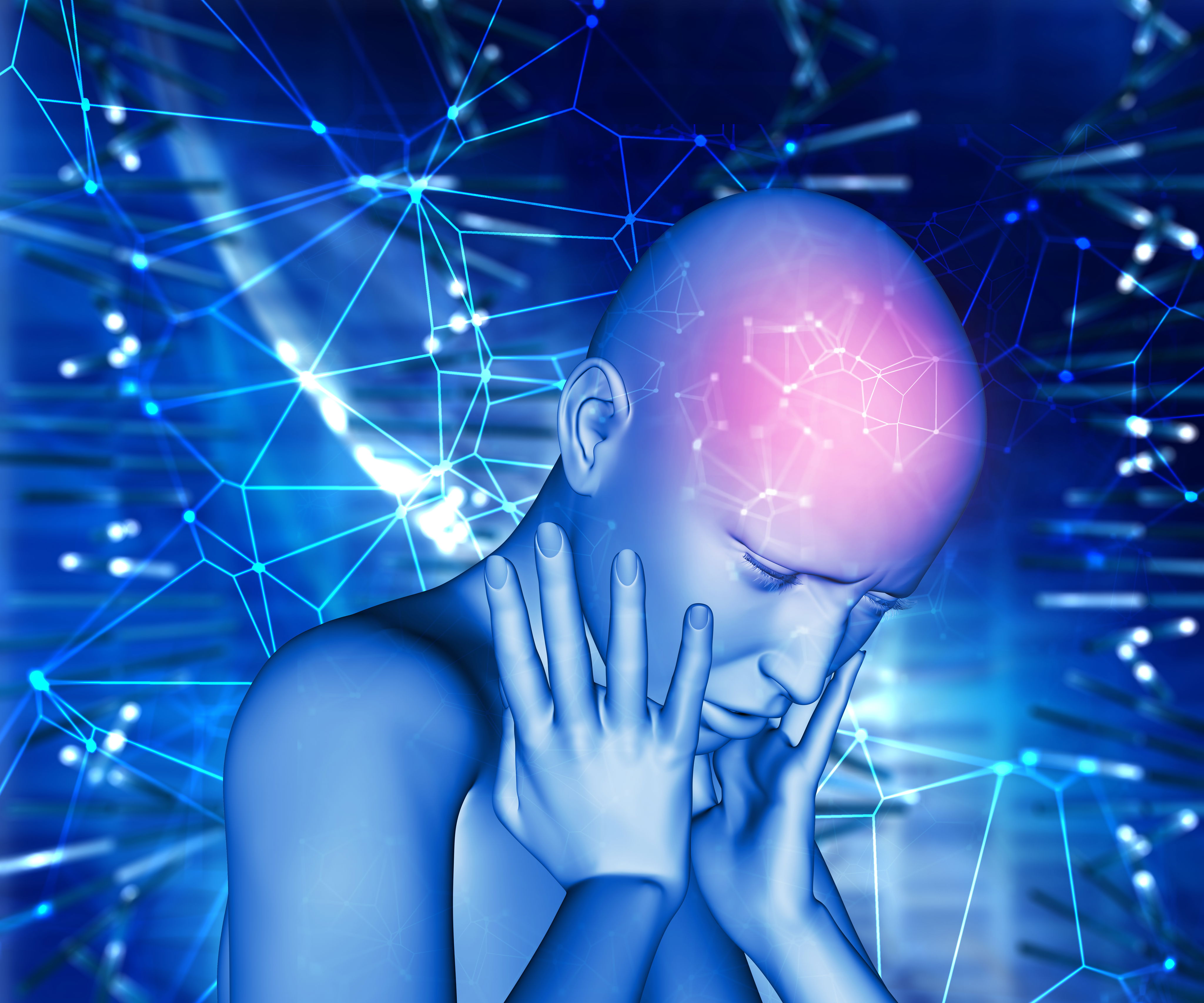The Neuroscience of Love: How Brain Chemistry Influences Our Relationships

Love is a complex emotion that has captivated human beings for centuries. It has been the subject of poetry, literature, and art, as well as a source of joy and heartache in our lives. But what is it about love that makes it so powerful? The answer lies in our brain chemistry.
Neuroscience has uncovered a wealth of information about the brain processes that underlie love and relationships. Here are some of the key insights:
The Role of Dopamine
Dopamine is a neurotransmitter that is associated with pleasure and reward. It plays a key role in the brain's reward system, and is released when we experience something pleasurable, such as eating delicious food or engaging in sexual activity. In the context of love, dopamine is released when we are with our partners, and contributes to the feelings of pleasure and euphoria that we associate with being in love.
The Importance of Oxytocin
Oxytocin is often referred to as the "love hormone" because of its role in bonding and social interaction. It is released during physical touch, such as hugging or kissing, and is also released during sexual activity. Oxytocin helps to create feelings of trust, attachment, and intimacy, and is believed to be a key factor in the formation and maintenance of romantic relationships.
The Influence of Serotonin
Serotonin is a neurotransmitter that is involved in regulating mood, appetite, and sleep. It is also involved in social behavior, and plays a role in our ability to form and maintain social bonds. In the context of love, serotonin may contribute to feelings of calm and contentment that are associated with being in a loving relationship.
The Impact of Cortisol
Cortisol is a hormone that is released in response to stress. It can have both positive and negative effects on our relationships, depending on how it is experienced. In small doses, cortisol can contribute to feelings of excitement and anticipation, but in larger doses, it can lead to feelings of anxiety and insecurity.
The Effects of Attachment Styles
Our attachment style, which is developed in childhood, can have a significant impact on our adult relationships. People with a secure attachment style tend to have healthier, more satisfying relationships, while those with an insecure attachment style may struggle with trust and intimacy issues.
In conclusion, the neuroscience of love reveals that our brain chemistry plays a key role in our relationships. Dopamine, oxytocin, serotonin, and cortisol all contribute to our experience of love and attraction, while our attachment style can shape the way we form and maintain relationships. By understanding the neurobiological processes that underlie love and relationships, we can gain a deeper appreciation for this complex and powerful emotion.